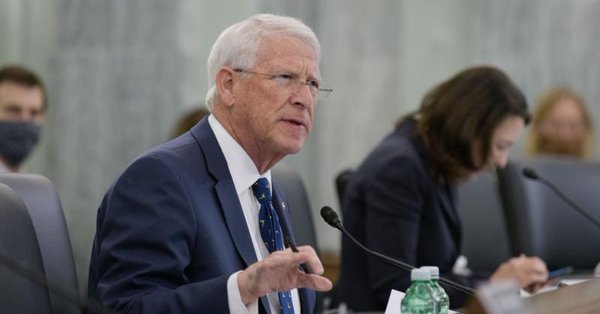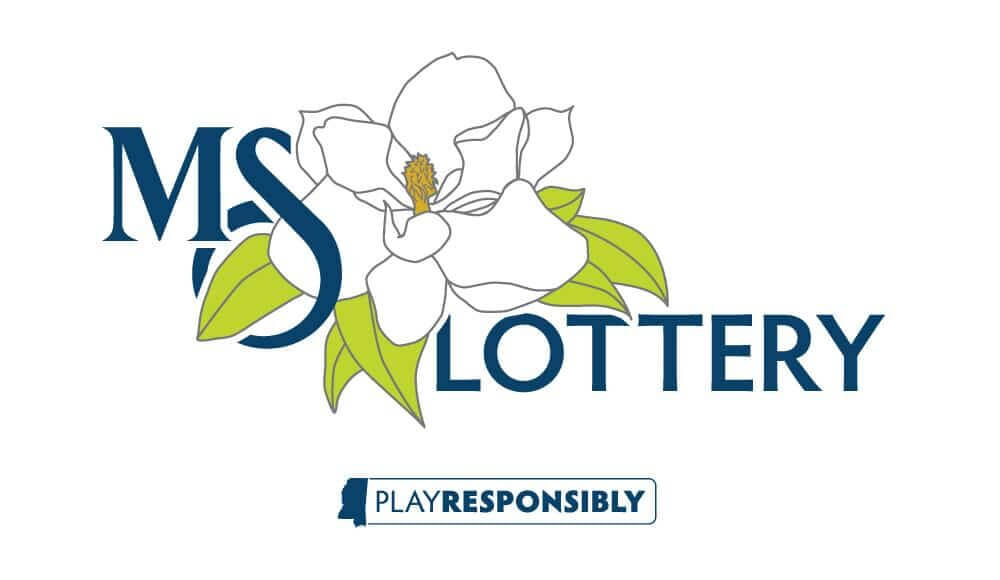Wicker offers solution to Big Tech censorship
Note: The following item is provided by the office of Mississippi U.S. Sen. Roger Wicker (R)
The internet has dramatically improved life for millions of Americans over the last quarter-century, but it has also brought new challenges. One major problem is that a handful of massive tech companies control what we can say, read, buy, or view online. These companies have consistently shown that they are politically biased, with many of their actions targeting conservative speech and shutting down important debates.
For example, until recently, Facebook was restricting content that suggested COVID-19 may have originated in a lab – a theory that more and more observers now believe to be true. Facebook has also announced that former President Donald Trump – who is already banned from Twitter – will be suspended from Facebook for two years, making it harder for him to communicate with the public. In March, Amazon delisted a bestselling book called “When Harry Became Sally,” which has helped many Americans think more critically about transgender ideology. And last fall, Twitter suppressed until after Election Day a New York Post story that included damaging allegations about Joe Biden and his son Hunter. These are just a few examples of Big Tech using its enormous power to silence voices and information they do not like.
Free Speech Marks a Free People
Our nation has always celebrated the free exchange of ideas. We have always understood that free and open debate allows the best ideas to emerge and carry the day. Our tradition of free speech is what gave rise to the movement to abolish slavery, the cause of women’s suffrage, civil rights, and most recently, the pro-life movement. In the past, our civil discourse took place mostly in person and through a multitude of local newspapers, television stations, and community associations. Yet today, much of this activity occurs online through platforms that are policed by people with an obvious political bias. I fear our culture of free speech will erode unless Big Tech companies are held accountable for their actions.
Forcing Big Tech to Respect All Views
Tech companies are private organizations and have wide discretion to set their own policies, but they should not discriminate against users while continuing to enjoy special privileges under the law. Currently, federal law considers tech companies like Facebook and Twitter to be “neutral” platforms, giving them protection from being sued over content posted on their platforms. My feeling is that if these companies ever faced the possibility of such lawsuits, they would likely abandon their left-wing bias and start providing more balance in viewpoints.
Recently I introduced legislation that would put pressure on tech companies to treat their users in a neutral manner. This legislation, called the PRO-SPEECH Act, would bar platforms from discriminating against users based on their ideology and would require them to be transparent in how they manage or censor content. It would also require the Federal Trade Commission to investigate claims of viewpoint discrimination by social media companies, giving users a means of recourse when they have been wrongly censored for their views.
This legislation strikes a good balance between respecting the rights of private companies and protecting free speech. Fundamentally, it would force tech companies to think twice before censoring conservatives or silencing alternative narratives under the guise of “fake news,” as Facebook did with the Wuhan lab-leak theory. It is unfortunate that Big Tech’s iron grip on our public discourse has forced Congress to step in and defend the rights of users, but I am committed to doing what is needed to preserve our great tradition of free speech in the digital age.





